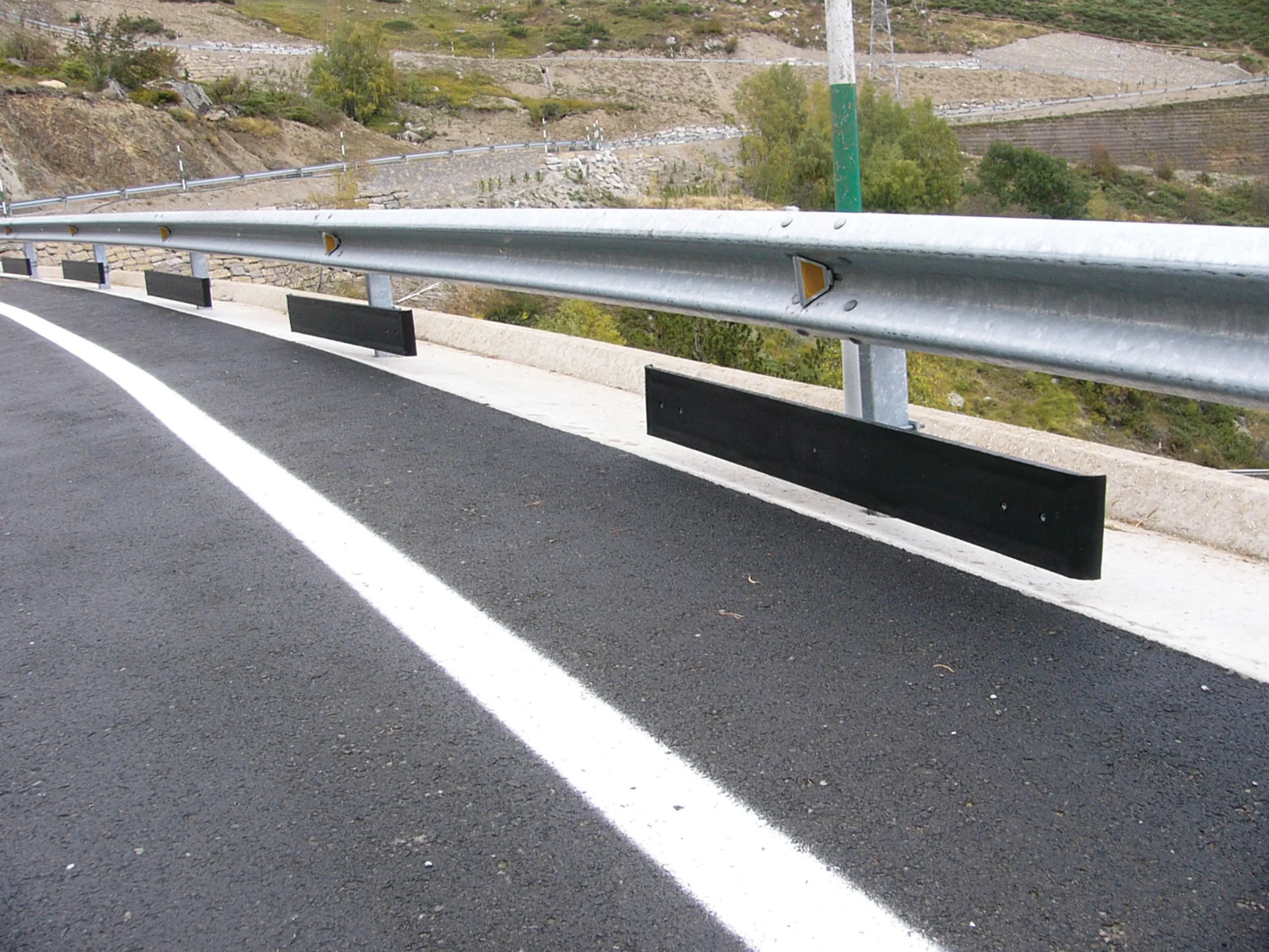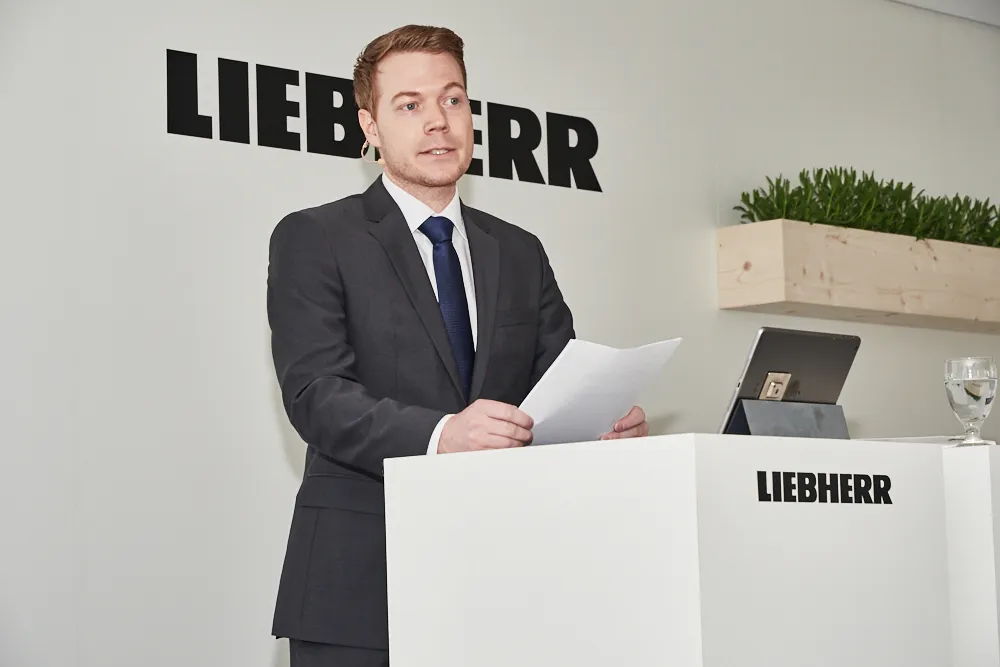Curtiss-Wright Industrial division has developed the JC040, a single-axis, proportional rocker that is suitable for arduous applications in specialty off-highway vehicles. The JC040 unit uses non-contacting, sensing technology for long-life integrity of its output signal. The IP67-rated JC040 provides safety functionality through dual outputs, which can be set to positive or a combination of positive and negative ramps and also benefits from independent supply voltages for each of the outputs.
The JC040 rocker is designed for integration within joystick grips and other in-cab human-machine interfaces and has a pass-through design for any liquid or dust contamination.
An optional, mechanical over-press feel – that operates at ±20° of travel from centre positon – is integrated within the JC040 design to provide additional operator feedback. The electrical output of this mechanical feature can be used in a system to indicate a new mode of operation such as a rapid traverse.
Key features of the JC040 include return to centre rocker action, 21mm under-panel depth, a rating for 1 million operating cycles and dual supply for signal integrity. This can be supplied as a standalone unit or integrated into the firm’s own AMF range of grips. The JC040 launches with a 5V DC supply voltage.









